The UN has recognised March 08th as the International Women’s Day. There will be celebrations galore all over the world. All the social media & Television channels, newspapers, speeches etc., will flooded with talks of empowerment – women’s empowerment to be precise. While there is definitely a need to talk about it, many times the ‘talk’ seems to be just that – a ‘TALK’.
Compared to the rest of India, the women of the Eastern part of India including Sikkim and the Darjeeling hills are more ‘liberated’.
In the Darjeeling hills, women have equal share in domestic chores (sometimes even more than that of a man). They manage their household, run the kitchen and take care of the children & elders. In rural setups, they also help in the family fields/ farm and take care of the animals that the family keeps/ breeds for sale (microbusinesses). In addition, they take part in outdoor work like collecting ration, cutting grass/ feeds for animals, bringing water/ managing water supply, taking the sick to hospital or taking the child to school etc.

Let’s look at some socio-cultural trends prevalent in the Darjeeling hills.
While the enrolment in primary schools is relatively high, many girls dropout of school. This can be due to financial constraints, or the child being unable to cope with the studies especially in higher classes and in some rare cases family pressure. The state level board exam (matriculation / Class 10) is tough to crack and proves to be a major hurdle for the children from the basti/ bastee area.
Girls often elope and have babies at a young age –which is very common amongst dropouts. The responsibility of having to take care of not only the child but also the boy’s family and managing the household can be too much for the young girl. It is notable that there is no pressure from the society to get married at a young age.

Low education gets you low level work that translates to low income; the family lives in poverty and the child grows up in poverty – the cycle of poverty continues.
Alcohol abuse is common amongst men & women alike especially those working in areas that require tough manual labours. As the work is laborious, they drink to ease the pain and sleep peacefully. Wife beating is rare but still existent.
While the government has its much advertised National Rural Employment Guarantee Act 2005 (or, NREGA No 42, later renamed as the ‘Mahatma Gandhi National Rural Employment Guarantee Act’, MGNREGA), locally called the Sau dine kaam सौ दिने काम. This Act aims to enhance livelihood security in rural areas by providing at least 100 days (Sau din) of wage employment in a financial year to every household whose adult members volunteer to do unskilled manual work. There does not seem to be enough work here and mostly unsustainable.
In addition, the age old farming system is no longer a sustainable profession, thus leading to migration to cities in search of work. Many young girls find work in towns/ cities in low skill jobs. There are many going to the Gulf and other countries to work as maids etc. They are often ill-treated and face abuse by the employers. However due to various factors, they ‘accept their fate’ and refuse to file a complaint.

The good news is that many people especially youngsters from the cities are choosing to return ‘home’/ or are adapting schools/communities/villages to share their knowledge and experience to work towards development of the community to provide a sustainable livelihood solutions for the simple hill people.
As the awareness about education, developing the right skill set, pride in self, renewed understanding of traditional customs & practices, learning & adapting modern techniques & technology grows; the women will find their voices. Till then we need to keep hammering on.
Empowerment does not happen overnight. It needs to be persistently hammered on, till the goal is reached.
Writes: Roshni Pradhan

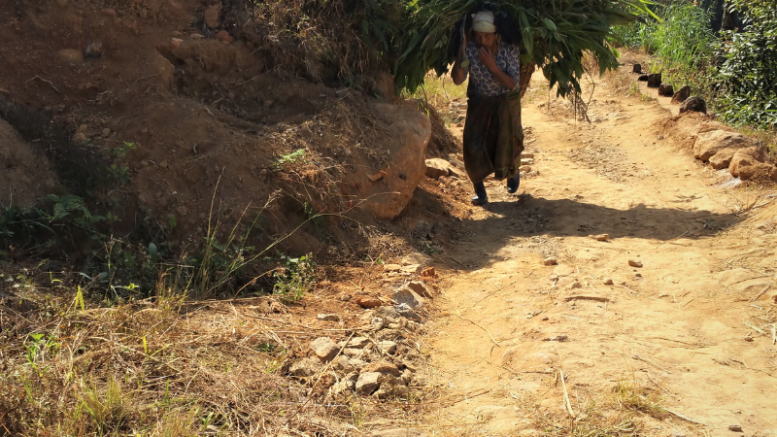
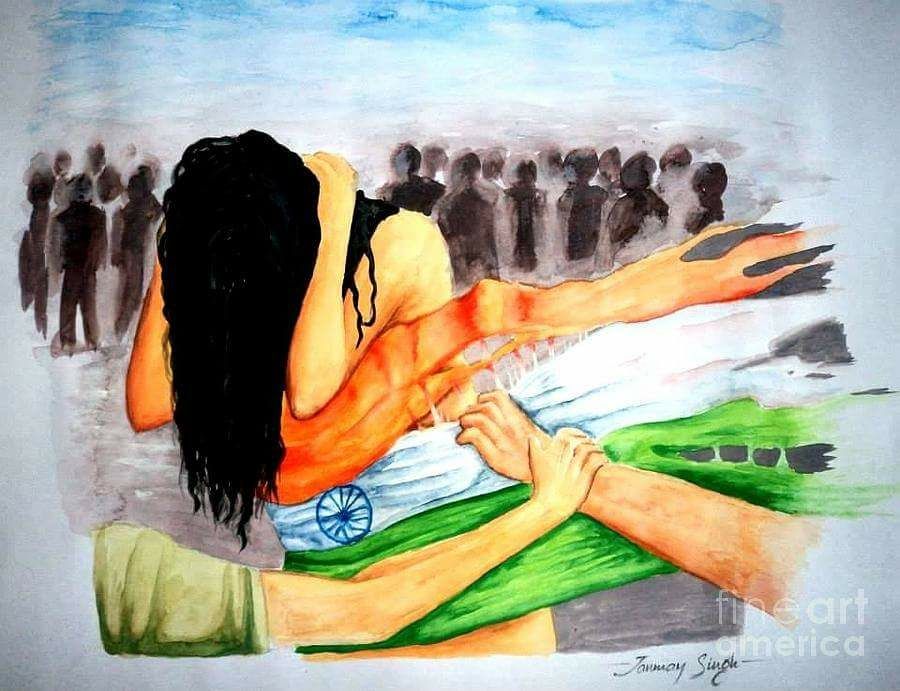
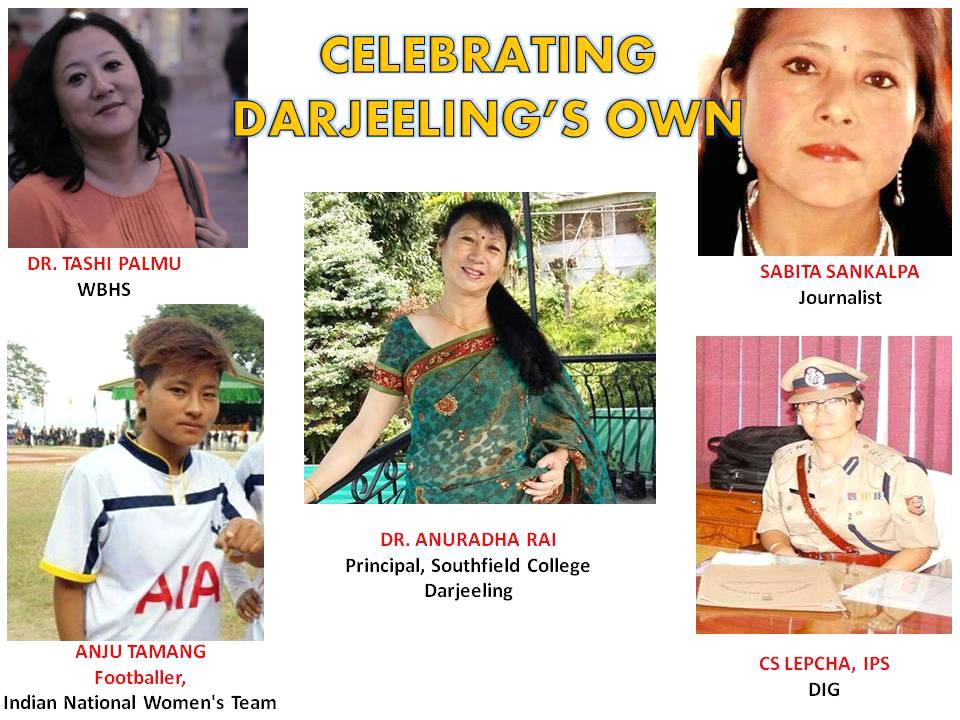
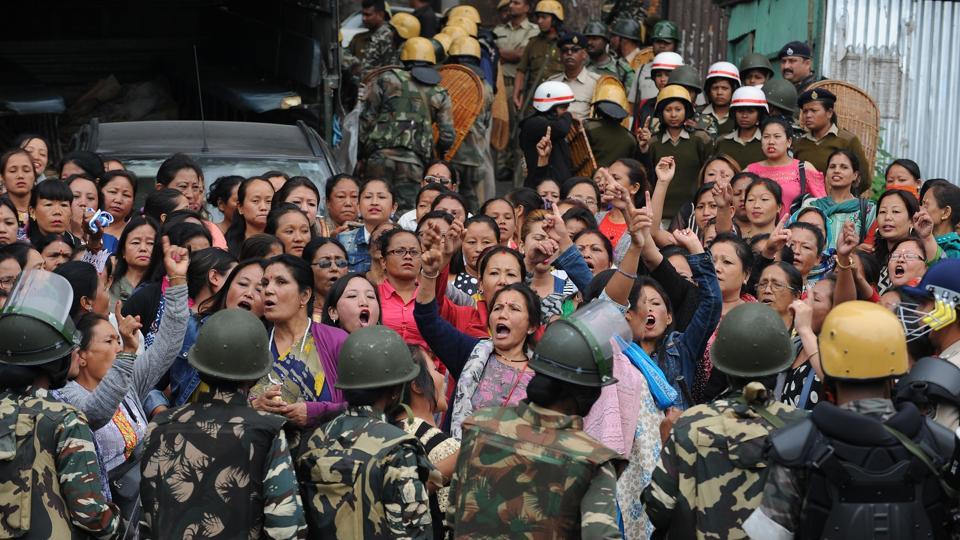
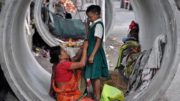
Be the first to comment on "Women in Darjeeling: Empowered, are we?"